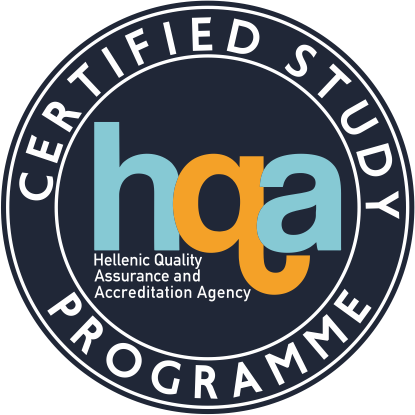| School |
Natural Sciences |
Academic Unit
|
Geology Department |
Level of Studies
|
Undergraduate |
Course Code
|
GEO_403E |
| Εξάμηνο σπουδών |
6ο |
Course Title
|
Hydrology |
Independent Teaching Activities
|
Lectures, laboratory exercises |
Weekly Teaching Hours
|
2 (lect.) / 1 (lab.) |
| Credits |
3 |
Course Type
|
Field of Science (GIS, Remote Sensing & Hydrology) |
Prerequisite Courses
|
GIS and Remote Sensing in Applied Geology (optional, 5th semester) |
Language of Instruction & Examinations
|
Greek |
Is the Course offered to Erasmus Students
|
Yes in English |
| Course Web-Page (URL) |
https://eclass.upatras.gr/courses/GEO306/ |
Learning Outcomes
|
The course aims at familiarizing students with basic concepts of Hydrology, and the use of Geographic Information Systems and Remote Sensing data for implementing integrated hydrological studies. By the end of this course the students will be able to:
- Understand the concepts of hydrological cycle and hydrological balance.
- Understand the concepts of spatial analysis and to use tools of spatial interpolation..
- Study, process and analyse statistically hydrological data from stations or databases.
- Process digital elevation models for extracting hydrological elements in GIS environment.
- Process thermal and multispectral Remote Sensing data for calculating evapotranspiration
By the end of this course the student will, furthermore, have developed the following skills:
- Analogue and digital calculation of basic parametres of the hydrological balance in GIS environment.
- Analogue and digital calculation of morphometric parametres of drainage basins and drainage networks in GIS environment.
- Implementation of integrated hydrological studies.
- Buiding drainage and flood models in GIS environment.
In total, students after successful completion of the semester will be able to demonstrate their knowledge in hydrology, to solve hydrological problems with the use of Geographic Information Systems and Remote Sensing data, to write independently integrated hydrological studies, and to produce thematic maps for information transfer to the public and the related services.
|
General Competences
|
- Searching, analysis and synthesis of facts and information, as well as using the necessary technologies
- Decision making
- Autonomous (Independent) work
- Work in an international enviroment
- Work in an interdisciplinary enviroment
- Work design and management
- Respect to natural environment
|
| Syllabus |
The course is organized in 4 teaching circles which are described below.
- Hydrologic Cycle (Precipitation, Evaportranspiration, Runoff, Infiltration)
- Statistical processing of rainfall observations.
- Average Rainfall Estimation over a drainage basin(Average Rainfall method, Thiessen’s Method, Isohyet Method).
- Calculating evaporation - transpiration (Τhornthwaite, TURC, Burdon-Papakis, Coutagne).
- Spatial Analysis and Spatial Interpolation methods
- Application of spatial interpolation in Hydrology
- Digital Elevation Models.
- Methods for the creation of Digital Elevation Models
- Drainage basins and drainage network extraction from digital elevation models.
- Hydrological and quantitative basin analysis.
- Stream ordering (Sthrahler and Shreve).
- Horton parameters calculation.
- Calculation of morphometric parametres of drainage basins and drainage networks.
- Thermal Remote Sensing data
- Multispectral Remote Sensing data
- Calculating evapotranspiration with the use of thermal and multispectral Remote Sensing data.
- Buiding drainage models in GIS environment.
- Estimation of flood risk in GIS environment.
|
| Delivery |
Lectures with the use PowerPoint slideshow |
Use of Information & Communication Technology
|
Laboratories with the use of specialized software for GIS (ESRI, ARCGIS) and Image Processing (ERDAS IMAGINE) in the departmental computer lab. Training in the use of GPS in the field. |
Teaching Methods
|
| Activity |
Semester workload |
| Lectures in Theory |
2 X 13 = 26 |
| Laboratory exercises in Hydrology |
1 X 13 = 13 |
| Writing reports of the laboratory exercises |
1 X 13 = 13 |
| Hours for private study of the student |
23 |
| Total number of hours for the Course |
75 |
|
Student Performance Evaluation
|
- Written examination after the end of the semester (Gth70%)
- Written reports for each laboratory exercise (Glab30%)
Minimum passing grade: 5.
Final Course Grade (FCG)
FCG = ( Gth + Glab ) / 2 |
Attached Bibliography
|
- "Hydrology with the use of Geographic Information Systems and Remote Sensing data", Labrakis, Nikolakopoulos, Katsanou, Kallipos publ. 2015, p. 225 (in Greek language)
- "Technical hydrology of surface water",D. Papamichael , Yahoudi publ. Thessaloniki 2004 (in Greek language).
|





